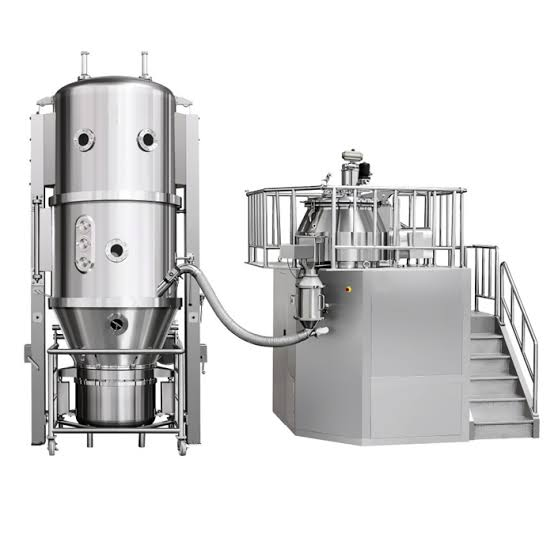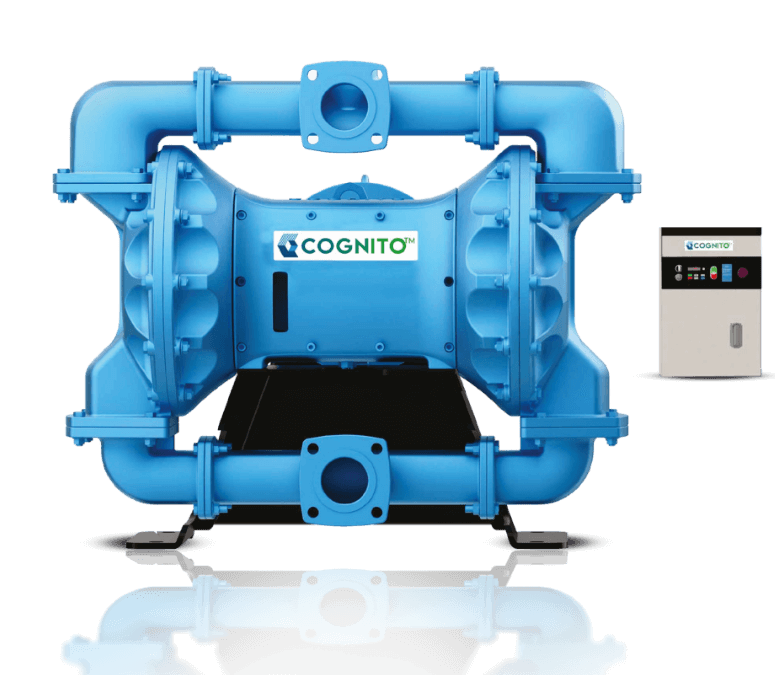Which pump is used in the pharmaceutical industry?
There are several types of pumps that are essential in the
pharmaceutical industry due to their specific capabilities and applications:
·
Centrifugal Pumps: These pumps are commonly
used in the pharmaceutical industry for transferring liquids, such as solvents,
oils, and chemicals.
·
Diaphragm Pumps: Typically used for
injecting fluids into extruders, the transfer of proteins and cells,
chromatography, and coating operations.
·
Rotary Pumps: Commonly used in pharmaceutical
plants to move highly-viscous fluids while conforming to specific sanitary
requirements.
·
Rotary Lobe Pumps: These
pumps are used for their ability to handle solids without damaging the product.
They're often used in processes that require gentle handling.
·
Viking Pumps: Viking is
known for its reliable and efficient pump solutions. They offer various types
of pumps, including internal and external gear pumps, which are widely used in
industries including the pharmaceutical industry.
These pumps play a vital role in the pharmaceutical industry,
facilitating the movement of liquids and gases during the production process.
They help ensure that the production process is efficient, safe, and
cost-effective. In the pharmaceutical industry, it's extremely important to
make sure that the machinery, like industrial pumps, is clean, works well, and
doesn't introduce any contamination. This is essential for making medicines
safely and efficiently.
Pharmaceutical Pumps: The
Lifeline of Medicinal Fluid Handling
Pharmaceutical pumps are indeed
the lifeline of medicinal fluid handling. Here's why:
·
Versatility: Pharmaceutical pumps are designed to handle a wide
range of fluids, from viscous creams to aggressive chemicals. This versatility
makes them indispensable in the pharmaceutical industry.
·
Preventing Cross-Contamination: The design
of these pumps helps prevent cross-contamination, a critical aspect of
pharmaceutical processes.
·
Damage Prevention: They are designed to
prevent damage due to shear forces, ensuring the integrity of sensitive fluids
like live cells.
·
Hygienic Design: Pharmaceutical pumps are designed with hygiene
as a priority. The more hygienically the pump is designed, the shorter the
cleaning and sanitation times.
·
Regulatory Compliance: These
pumps are subject to a wide range of international laws, regulations, and
guidelines. They must guarantee the maximum level of microbiological safety for
the entire production process.
·
Efficiency: Pharmaceutical pumps help ensure that the production
process is efficient, safe, and cost-effective.
Pharmaceutical pumps play a
crucial role in ensuring that medicinal fluids are handled in a safe,
efficient, and hygienic manner, making them a lifeline in the industry.
How Do Viking
Pumps Play a Vital Role in Pharmaceutical Processing?
 |
| Viking Pumps |
Viking Pumps play a
vital role in pharmaceutical processing in several ways:
·
Gentle Handling: Viking's rotary lobe pump
technology is designed to be specifically gentle on proteins and cells in
process fluids. This ensures the integrity of sensitive materials during the
manufacturing process.
·
Cleanliness: These pumps are inherently clean
with clean-in-place (CIP) systems and sterilise-in-place (SIP) capabilities.
This helps maintain the stringent hygiene standards required in pharmaceutical
processing.
·
Validation: Viking Pumps are simple to validate thanks to their
complete range of certifications and documentation packages. This is crucial in
an industry where regulatory compliance is considered of utmost importance.
·
Scalability: Viking Pumps offer a direct path to scalability from
R&D to mass production environments. This makes them a reliable choice for
pharmaceutical companies looking to scale their operations.
·
Versatility: Viking Pumps can be found in nearly all sectors of
biologic manufacturing, including upstream, downstream, and fill & finish.
They are used in various applications such as Tangential Flow Filtration (TFF),
Depth Filtration, Viral / Sterile Filtration, Chromatography, Buffer Mixing
& Formulation, Fill & Finish, and Process Transfer.
Viking Pumps are
integral to pharmaceutical processing due to their gentle handling of sensitive
materials, cleanliness, ease of validation, scalability, and versatility.
The Precision and Efficiency of Rotary Lobe Pumps in Pharmaceutical Applications
 |
| Rotary lobe pumps |
Rotary Lobe Pumps are known
for their precision and efficiency in pharmaceutical applications. Here's how:
·
High-Precision Rotors: The
high-precision rotors of rotary lobe pumps
make them ideal for handling sensitive process fluids in hygienic, high-purity
applications. This precision ensures that the pump can handle the fluid without
causing damage or unnecessary shear forces.
·
Low-Shear Operation: Rotary lobe pumps operate with low shear,
making them suitable for handling sensitive materials such as proteins and
cells. This gentle handling is crucial in pharmaceutical applications where
maintaining the integrity of the process fluid is paramount.
·
Efficient Pumping: Rotary lobe pumps are efficient at pumping low,
medium, and high-viscosity fluids. This versatility allows them to be used in a
wide range of pharmaceutical applications.
·
Reliability: These pumps are designed for easy
maintenance and a long service life, ensuring reliable performance and minimal
unplanned production stops. This reliability is crucial in the pharmaceutical
industry, where any downtime can have significant implications.
·
Compliance with Standards: Rotary lobe pumps comply with
hygienic standards for general, food-grade, and pharmaceutical processing
requirements. This compliance ensures that they meet the stringent regulatory
requirements of the pharmaceutical industry.
The precision and efficiency of rotary lobe pumps
make them an excellent choice for pharmaceutical applications, ensuring
reliable, hygienic, and gentle handling of process fluids.
The range of IDEX Pumps for application in the pharmaceutical
industry
Viking Pump, a unit of IDEX Corporation, is a leading global
manufacturer of rotary positive displacement pumps. They have been providing
innovative pumping solutions for various applications, including those in the
pharmaceutical industry.
Viking Pump has more than four decades of experience in
handling processes related to biopharmaceuticals. They develop and manufacture rotary lobe pumps for
critical applications in multiple-use biopharmaceutical and pharmaceutical
applications. Their rotary lobe pump technology is designed to be specifically
gentle on proteins and cells in process fluids.
In 2020, Viking Pump expanded its product portfolio to
include a line of rotary lobe, circumferential piston, and centrifugal pumps to
serve the food & beverage, personal care, and biopharmaceutical industries.
The range of Viking
Pumps plays a crucial role in various stages of pharmaceutical
processing - from research & development to formulation and bio-pharma
applications.
Conclusion
Pumps are indispensable in the pharmaceutical industry,
serving as the lifeline for the precise handling of medicinal fluids. Whether
it's the versatility of centrifugal pumps, the gentleness of diaphragm pumps,
the precision of rotary lobe
pumps, or the reliability of Viking pumps, each type plays a vital role in ensuring that
pharmaceutical processes are efficient, safe, and compliant with stringent
regulatory standards. With pharmaceutical pumps
designed to prevent cross-contamination, shear forces, and damage to sensitive
materials, they are at the forefront of maintaining the integrity and purity of
pharmaceutical products. The commitment to hygiene, ease of validation, and
scalability makes these pumps essential components in pharmaceutical
processing, contributing to the advancement of healthcare and pharmaceutical
innovation.




Comments
Post a Comment